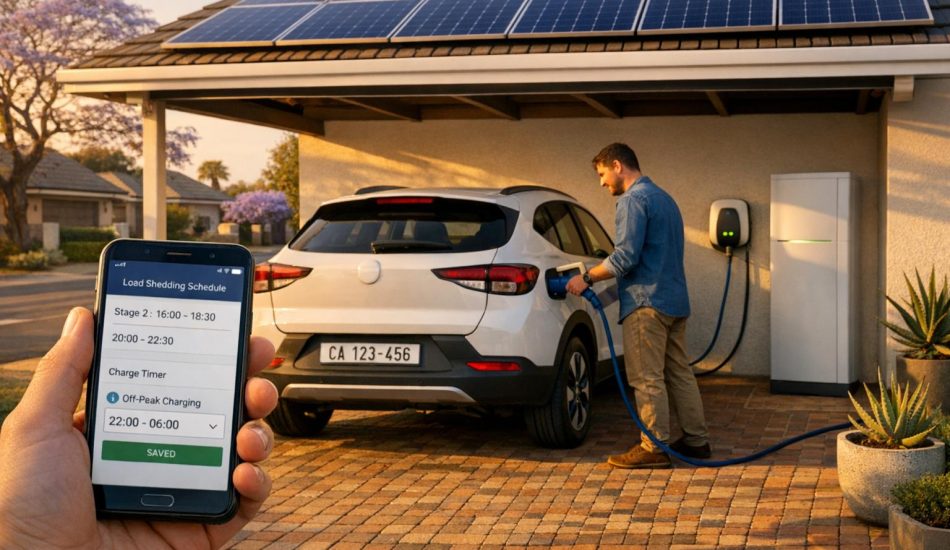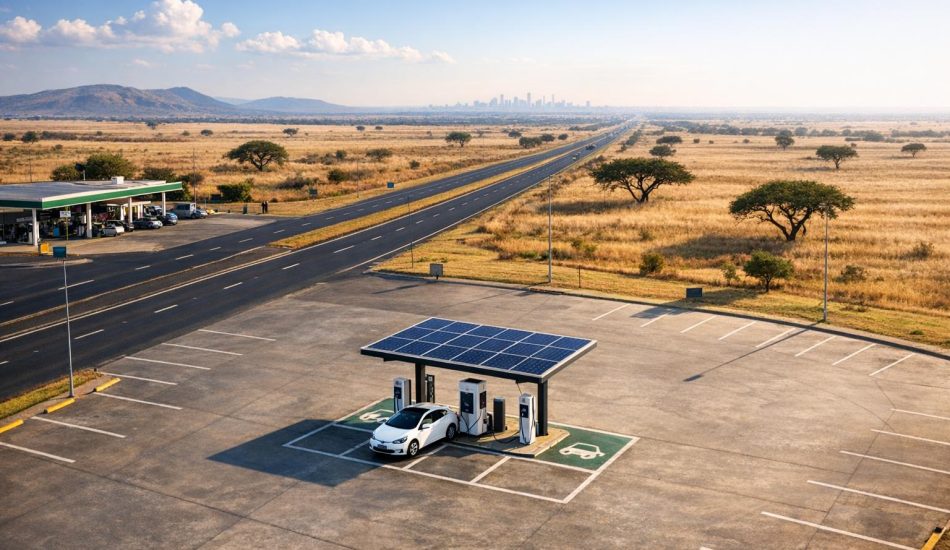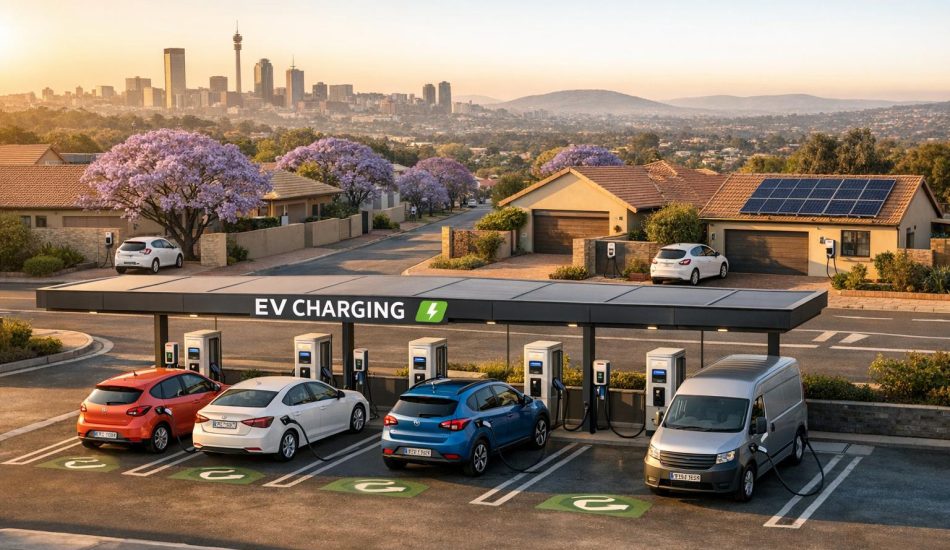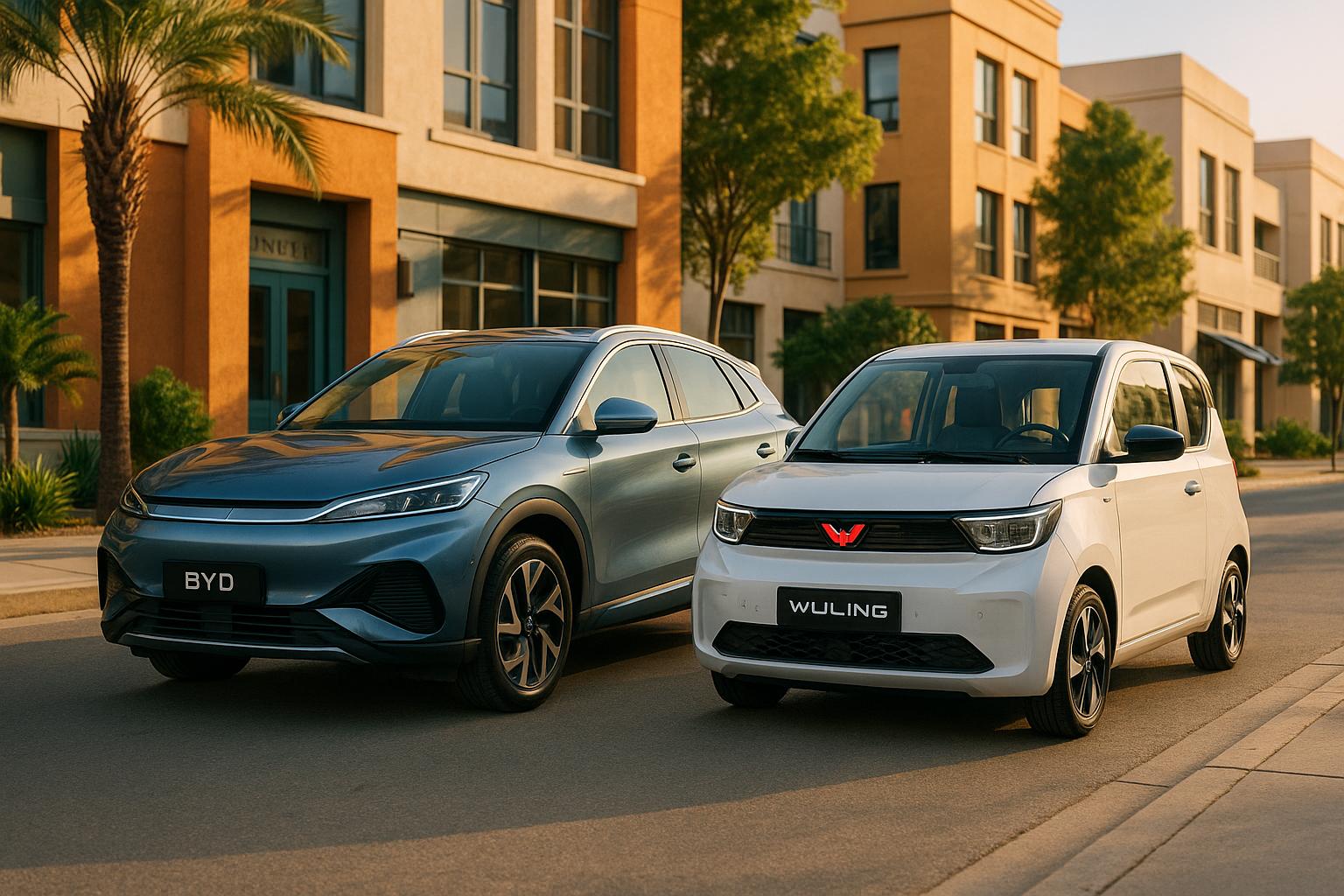
Looking for the best EV for Africa? Here’s the quick answer:
Wuling is the better choice if you want affordability and ease of maintenance for city driving. BYD is ideal for those who prioritize advanced features, longer range, and durability.
Key Takeaways:
- Wuling: Budget-friendly, compact EVs for short commutes. Simple to charge using standard outlets, but limited range and basic features.
- BYD: Premium EVs with advanced tech and longer range. Higher price and less practical outside major cities due to cost and charging needs.
Quick Comparison:
| Feature | BYD | Wuling |
|---|---|---|
| Price Range | Higher | Lower |
| Best For | Long-distance, urban users | City commuters |
| Warranty | 6 years/150,000 km | 3 years/100,000 km |
| Charging | Requires charging stations | Standard household outlets |
| Maintenance | Limited mobile services | Free mobile service |
Bottom Line: Choose BYD for reliability and tech, or Wuling for cost-effective urban mobility.
NEW H2H #310 BYD DOLPHIN vs WULING Cloud EV
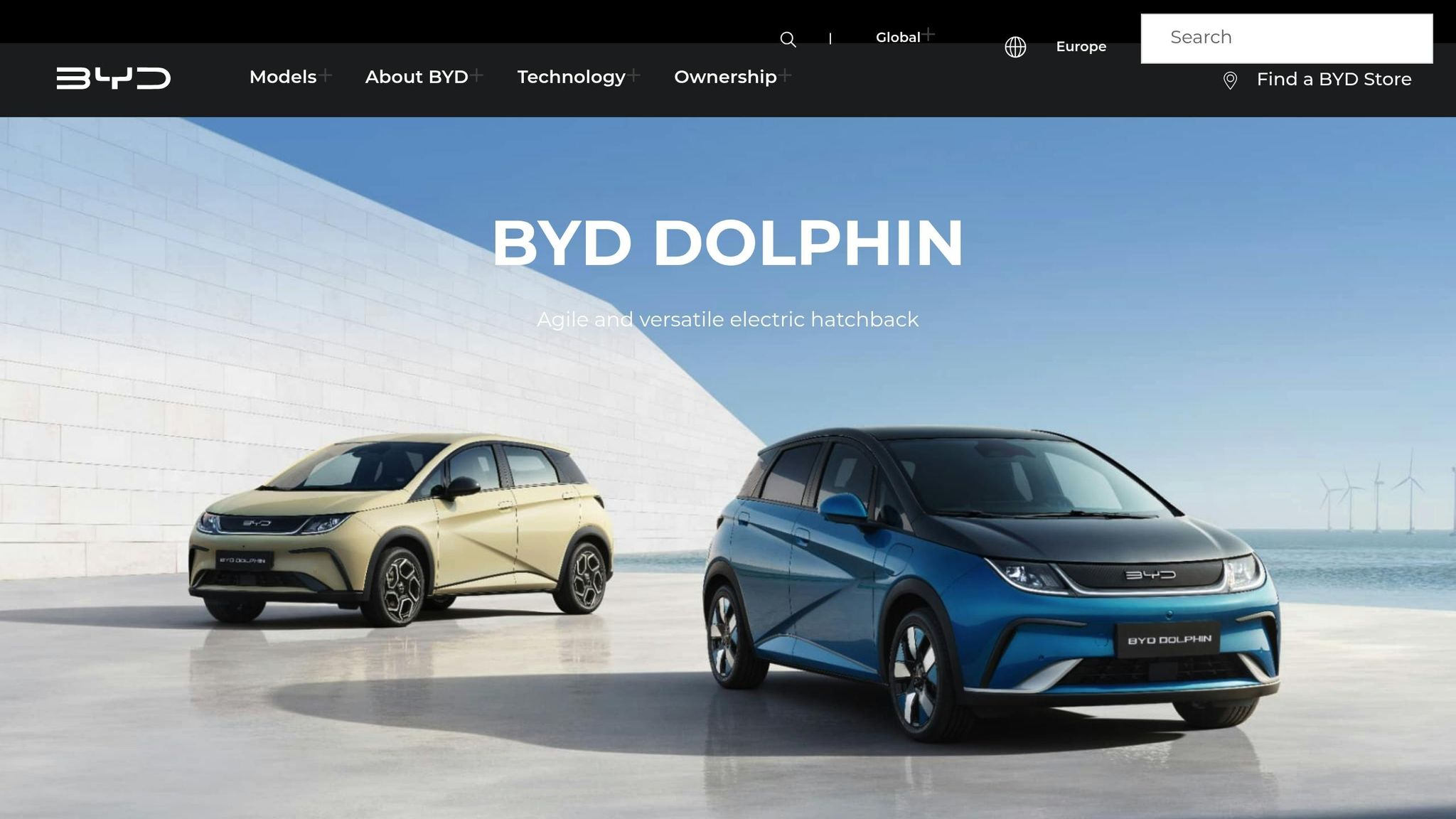
BYD: Features and Benefits for African Markets
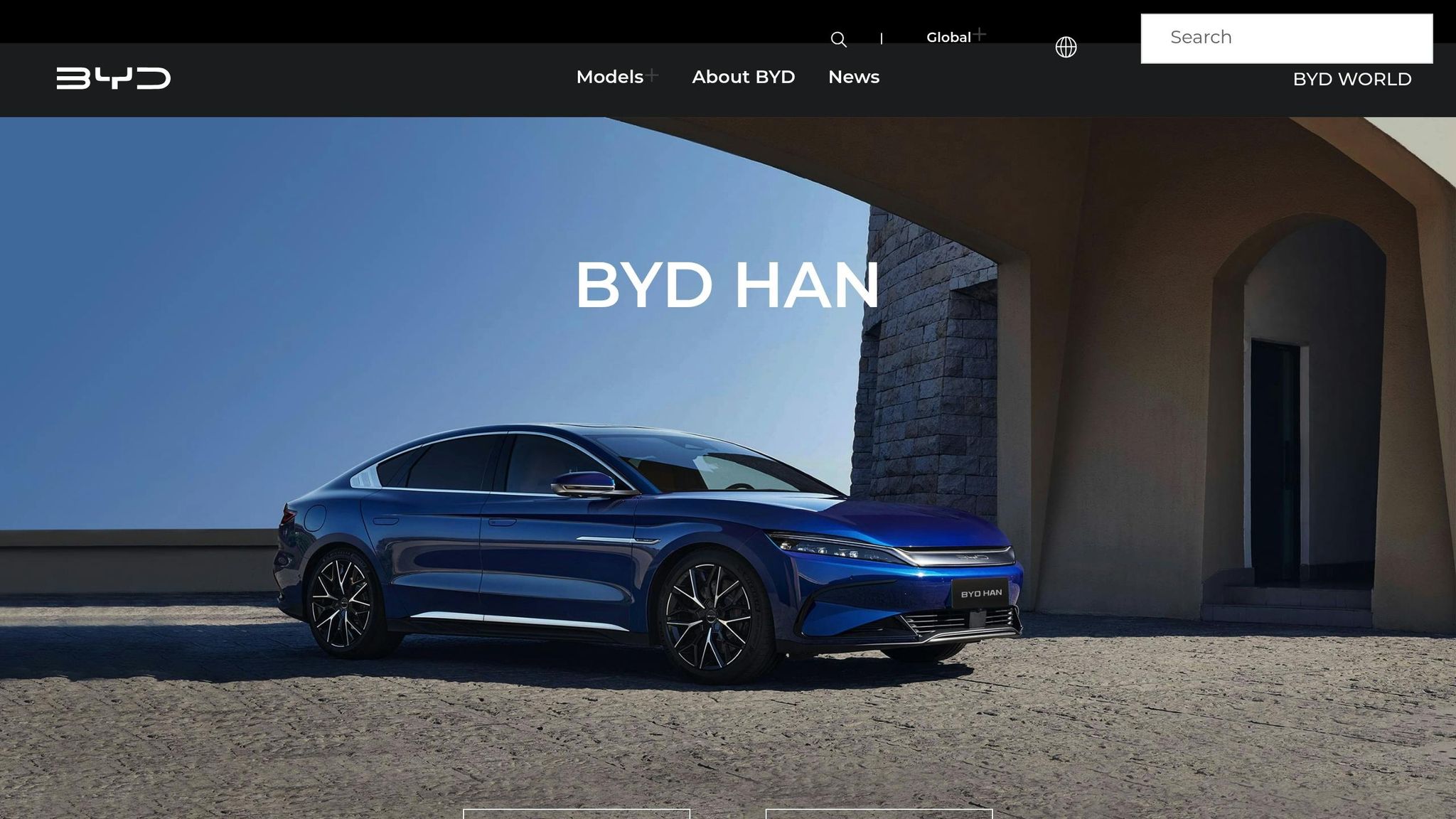
BYD, a prominent EV manufacturer, has set its sights on Africa’s urban areas. However, its higher price point poses challenges for widespread adoption, highlighting key barriers to its broader appeal in the region.
BYD’s Challenges in Africa
The high cost of BYD vehicles presents a significant hurdle. Many consumers across Africa face budget constraints, and steep taxes and import duties further drive up prices, making these cars inaccessible for the average buyer. Additionally, the lack of reliable charging infrastructure and frequent power outages – especially in areas like South Africa – limit the practicality of BYD vehicles outside of major cities.
Wuling: Budget-Friendly Options for African Cities
While brands like BYD cater to the premium segment, Wuling takes a more straightforward route, focusing on affordable, practical vehicles tailored for city life. Their approach is all about meeting essential transportation needs without the bells and whistles, making them a solid choice for Africa’s urban EV market.
Wuling’s Low-Cost Vehicle Range
Wuling’s lineup, including models like the Air EV and Bingo EV, is all about keeping things simple. These vehicles are designed to provide dependable, low-cost mobility for city dwellers. Instead of packing in advanced features, they focus on functionality, ensuring an economical solution for urban transportation. This approach makes them an attractive option for those prioritizing affordability and practicality.
How Wuling Fits African Cities
Wuling’s vehicles are built with urban living in mind. Their compact size makes navigating tight city streets and finding parking in crowded areas much easier. They excel in short commutes, offering efficient energy use. Plus, their ability to charge from standard household outlets is a big win in cities where advanced charging infrastructure may be lacking. This feature helps bridge the gap for areas with basic electrical setups, making EV adoption more feasible.
Wuling’s Drawbacks in Africa
Of course, affordability has its trade-offs. Wuling’s vehicles have a limited driving range, which could be a concern for those needing to travel beyond city boundaries. The cost-effective designs may also face challenges on rough or unpaved roads, which are common in some regions. Additionally, the simpler build and basic safety features might not appeal to buyers seeking higher levels of protection and performance. Another hurdle is the limited availability of dealerships and service centers, which could make maintenance and repairs more difficult in certain areas.
sbb-itb-99e19e3
Direct Comparison: BYD vs Wuling for African Buyers
When choosing between BYD and Wuling, African buyers need to weigh factors like warranty coverage, maintenance support, and spare parts policies. These details can make a big difference in ownership costs and convenience over time. Here’s a side-by-side comparison to help with the decision-making process:
Comparison Chart
| Feature | BYD | Wuling |
|---|---|---|
| Vehicle Warranty | 6 years/150,000 km for the complete vehicle | 3 years/100,000 km |
| Battery/Drive Unit Warranty | 8 years/150,000 km for the power battery and drive unit | Key engine and transmission components covered for 5 years/100,000 km |
| Free Maintenance | Not specified | 2.5 years or 50,000 km |
| Mobile Service | Not available | Complimentary Wuling Mobile Service (WMS) for periodic and emergency maintenance |
| Spare Parts Policy | Non-genuine parts will void the warranty | Genuine parts recommended through a robust Parts Distribution Center |
Best Brand for Different Buyer Types
This breakdown highlights how each brand aligns with specific buyer needs. If you prioritize a longer warranty and comprehensive protection for major components, BYD is the stronger choice. On the other hand, Wuling stands out for buyers who value lower maintenance costs and convenient service options, thanks to its complimentary mobile service and extensive parts distribution network. Keep in mind that BYD strictly enforces its policy against non-genuine parts, while Wuling’s focus on genuine parts ensures easier access for routine repairs and servicing.
Final Verdict: Top Chinese EV Brand for Africa
BYD and Wuling each bring distinct strengths to Africa’s EV market, making the right choice largely dependent on your priorities. The decision boils down to aligning each brand’s offerings with your specific needs, whether it’s long-term reliability or cost-effective urban mobility.
Pick BYD if you’re looking for durable performance and extensive support. It’s a solid option for commercial users or heavy-duty applications where sustained reliability matters most.
Go with Wuling if affordability and straightforward maintenance are your top concerns. It’s a great fit for city drivers and those new to EVs who want a practical, budget-friendly option.
FAQs
What should I consider when choosing between BYD and Wuling for city driving in Africa?
When weighing BYD against Wuling for city driving in Africa, a few important factors come into play: size and handling, cost-effectiveness, and overall performance. Wuling models, like the Bingo, are compact with a taller build, making them perfect for weaving through busy city streets. Plus, they’re often easier on the wallet, which is great for drivers looking to keep expenses low.
BYD, however, shines with its cutting-edge battery technology and a solid reputation in the market. Their vehicles typically offer longer driving ranges and dependable performance. If you’re prioritizing after-sales service and convenient charging options, BYD could be the better fit. Meanwhile, Wuling leans toward practicality and affordability for daily city commutes. Ultimately, the choice comes down to what fits your budget and urban driving needs best.
How does charging infrastructure affect the practicality of owning a BYD electric vehicle in Africa?
Charging infrastructure is a key factor in making BYD electric vehicles practical for drivers in Africa. Although the continent has historically struggled with a lack of charging stations, recent investments are beginning to change the landscape in major urban centers. This development helps to ease range anxiety and provides drivers with more accessible charging options.
As the network expands, owning a BYD EV in Africa is becoming more realistic, particularly in areas focusing on sustainable transportation solutions. Improved access to charging allows drivers to experience the advantages of electric vehicles without the constant concern of running out of power.
What challenges might arise when maintaining a Wuling EV in areas with few service centers?
Maintaining a Wuling EV in areas where service centers are scarce can come with its own set of hurdles. One of the biggest issues is finding skilled technicians and authentic spare parts. Without these, repairs can take longer than expected or end up costing more than they should. After-sales support might also be harder to access, which can make resolving technical problems a slower process.
Another challenge is the lack of EV-friendly infrastructure in some regions. For example, limited charging stations or the absence of specialized tools can turn routine maintenance into a hassle. In some cases, you might even need to travel significant distances to reach an authorized service center. To make things smoother, it’s a good idea to plan ahead and explore the support options available in your area.


